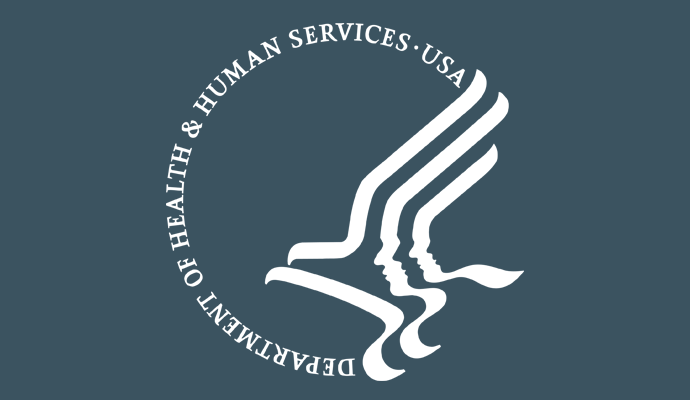HHS Issues Guidance to Expand Access to COVID-19 Vaccines
The guidance authorizes state-licensed pharmacists to order and administer COVID-19 vaccinations to individuals, subject to specific requirements under the Public Health Service Act.

Source: Thinkstock
- Last week, HHS issued guidance under the Public Readiness and Emergency Preparedness Act (PREP Act) to expand access to safe and effective COVID-19 vaccines when they become available.
The guidance authorizes state-licensed pharmacists to order and administer COVID-19 vaccinations to individuals three years of age and older, subject to specific requirements.
"This action builds upon our Administration's progress toward delivering a safe, effective, and widely available vaccine by 2021," Brett P. Giroir, MD, assistant secretary for health ADM, said in the announcement.
"Allowing pharmacists to order and administer COVID-19 vaccines will greatly expand convenient access for the American people."
State-licensed pharmacists and pharmacy interns licensed or registered by their state board of pharmacy must meet specific requirements under 42 U.S.C. 247d-6d.
Firstly, the vaccine must be FDA-authorized and must be ordered and administered according to specific COVID-19 vaccine recommendations.
The licensed pharmacy intern also has various requirements as well, including completing a practical training program, have basic certification in CPR, and complete a minimum of two hours of immunization-related continuing pharmacy education.
Additionally, the licensed pharmacists must comply with recordkeeping and reporting requirements when administering vaccines, comply with any applicable requirements introduced in the CDC vaccination provider agreement, and inform the patient of the importance of a visit with a care provider following the vaccination.
“The authorization preempts any state and local laws that prohibit or effectively prohibits those who satisfy these requirements from ordering or administering COVID-19 vaccines as set forth above,” HHS stated.
“The authorization does not preempt state and local laws that permit additional individuals to administer COVID-19 vaccines to additional persons.”
Throughout the pandemic, both HHS and FDA have worked to enhance the safety and efficiency of COVID-19 vaccines.
Back in July, FDA released guidance to assist sponsors with COVID-19 vaccine development and licensure of their products, which will be effective for the remainder of the public health emergency.
The first general consideration was that the COVID-19 vaccines licensed in the US must meet the statutory and regulatory requirements for vaccine development and approval, including for quality, development, manufacture, and control.
Additionally, COVID-19 vaccine development may be accelerated based on knowledge gained from similar products manufactured with the same well-characterized platform technology.
FDA also stated various requirements regarding suitability of facilities, communication between manufacturers and agencies, and ensuring patient safety during clinical trials
Once the guidance was implemented, HHS continuously made agreements with pharmaceutical companies to scale-up the manufacturing of their respective COVID-19 vaccines.
In mid-July, HHS and the Department of Defense (DoD) announced a $1.6 billion agreement with Novavax to demonstrate commercial-sale manufacturing of the company’s COVID-19 vaccine.
As part of the funding, the federal government will own the 100 million doses of the vaccine and an additional 10 million doses could be used in Phase 2/3 clinical trials or under emergency use authorization.
At the end of July, HHS and the DoD made an agreement with Pfizer for large-scale production and nationwide delivery of 100 million doses of its COVID-19 vaccine in the US.
Under the agreement, the government paid Pfizer and BioNTech $1.95 billion upon the receipt of the first 100 million doses and the government can acquire an additional 500 million doses for Americans.
Then in mid-August, HHS and the DoD announced an agreement with Moderna to manufacture and deliver 100 million doses of the company’s COVID-19 vaccine candidate.
Under the agreement, Moderna will manufacture the vaccine doses while clinical trials are underway to help speed development and deliver safe and effective vaccines to Americans by the end of 2020.
The federal government will own the doses and will be able to acquire up to an additional 400 million doses of mRNA-1273.
More recently, HHS and the DoD announced that McKesson Corporation will be a central distributor of future COVID-19 vaccine and related supplies needed to administer the drug.
This move puts another building block in place as more promising vaccines are being developed.
